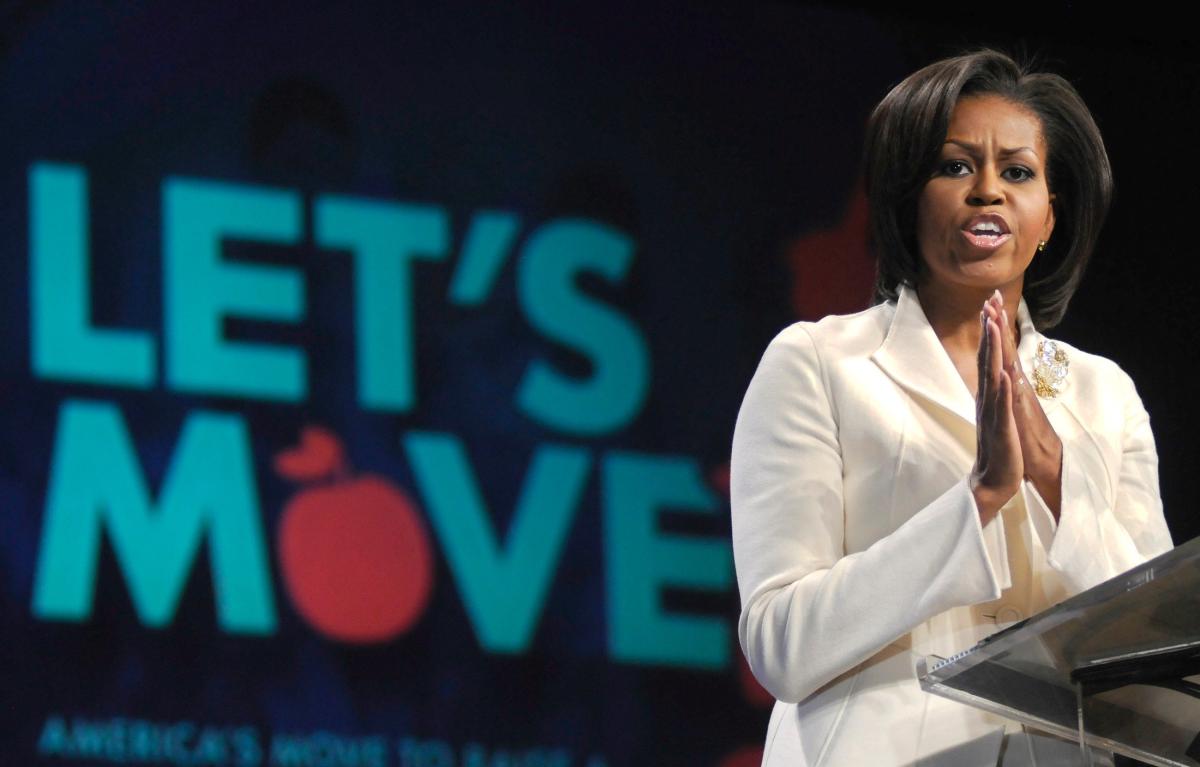Is fast food the new tobacco?
Jennifer Torres
Professor: Dr. Michelle Rosen
Is Fast Food the New Tobacco?


Obesity has become a major problem in society. Statistics have shown a number of increase through out the years. There are many causes of obesity but getting the government to get involved in what a person consumes into their bodies should only be held accountable to one itself. I think that like tobacco, fast food can be addicted. Fast food is a type of mass produced food designed for commercial resale, with a priority placed on speed of service. With that speed of service the public receives frozen food. These foods are then preheated and can impact the persons health. In the long term , if a person becomes addicted to fast food it may cause obesity and other health issues. So is fast food the new tobacco? The answer is yes.
In the article What You Eat Is Your Business, by Radley Balko he explains that the government should not be getting involved in the choices consumers make regarding their food, and that obesity is not a matter of public health but should be held to personal responsibility. I agree with Balko because restaurants should not be responsible for what people are consuming. I think that everyone should have self-control of what they put in their bodies. I also think that people who can not control themselves with portions should ask for professional help. I think that blaming fast food industries does help control the number of people who are obese or have health issues. People should be aware of the calories that are putting into their bodies. Fast foods are good for once in a blue moon but people should also be making meals at home. I think that spending money on fast food everyday can be very expensive compared to buying groceries and making home meals where is fresh and is prepared by you. You are able to measure everything and see exactly every tiny bit of ingredient your putting into your body. The public has the control in their hands to make better decisions when it comes to their health, no matter of the temptations in front of them.
In 2010, Michelle Obama addressed the 101st NAACP Convention. She discusses the topic of obesity and how important it is for the public to understand that we need to take note of how ours kid are feeling and not how they look. Its about their health and the health of our nation and the health of of our economy and that its a serious problem. She goes on to talk about her childhood experiences to the ones children are living today. This was from walking to and from school each day, having recess twice a day and gym class. Just being outside. She mentions the changes in the food that was consumed then and now. She talks about families sharing meals every night that were home cooked and fresh vegetables eaten from the garden, compared to now. We don't see that often. Michelle Obama talks about her campaign "Let's Move" and how it provides help for parents to help their children with obesity. The campaign also helps with working with the FDA into providing better nutritional labeling and working with doctors to screen children for obesity as well as eating more greens and having kids more active with exercising. Although she makes a lot of great points into trying to help parents better the health of their children, I agree with her in that this is not enough. She says that governments can so much but it all comes down to us into being responsible into what we put into our bodies and what we provide for our families. I agree with Michelle because even if we have all the help from the FDA, its our decisions to better our health and watch it go downfall. Only we can be held accountable in what we consume and how much we care about our health. Will you make fast food the new tobacco for you or you family? Or will you make healthier choices ?

You bring up some good points. Make sure you include evidence from all of the module's resources.
ReplyDelete